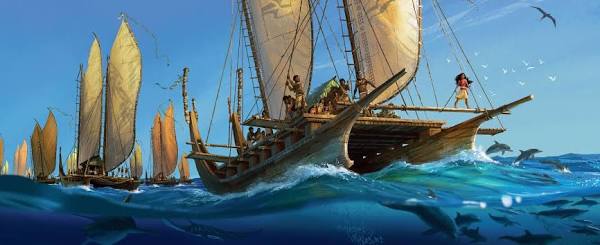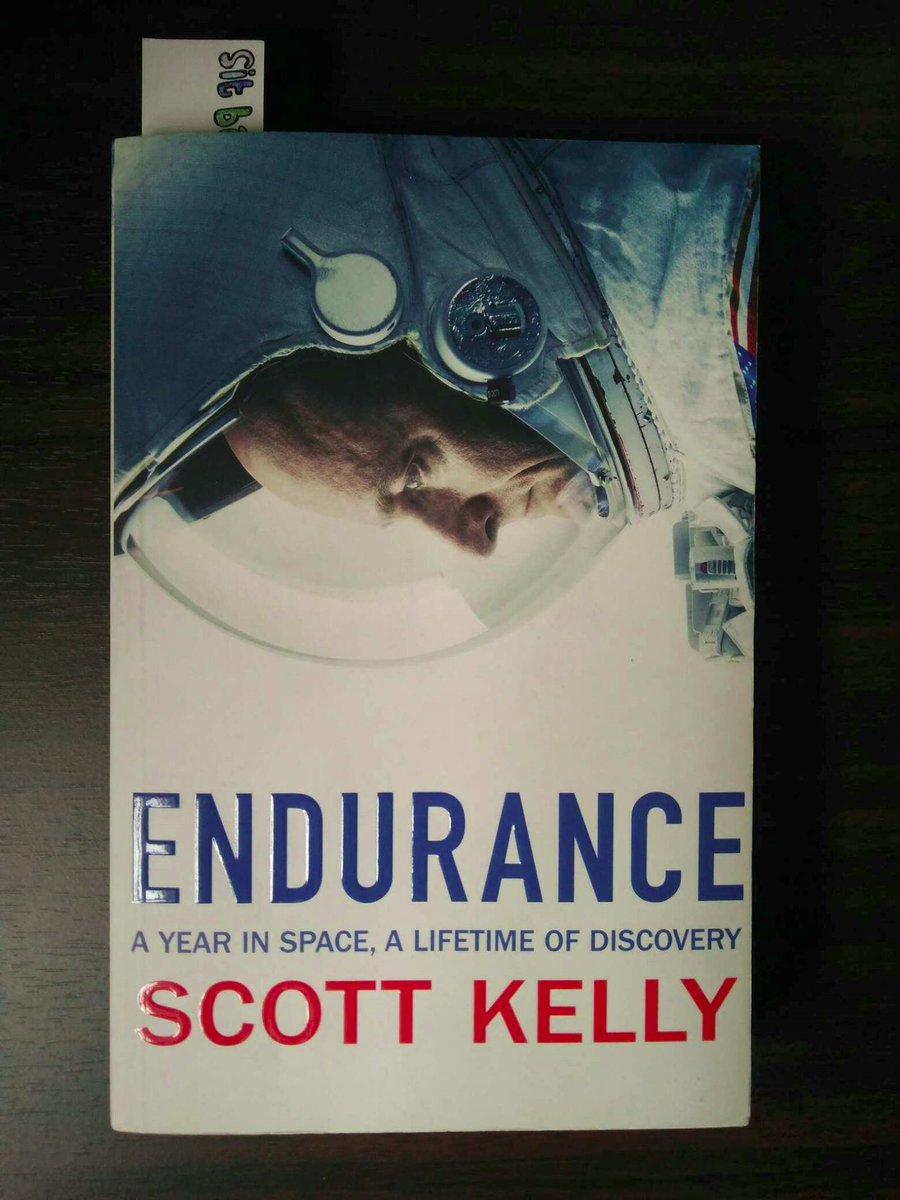At the dawn of the Age of Discovery, Polynesian and Austronesian people had by far and away the most widespread culture on the planet.
At the other, the sweet potatoes that were a staple crop for Polynesians appear to have been carried from South America.
Either way, they made it to Rapa Nui/Easter Island which is most of the way to South America.
But it produced vastly different results in different places.
Land and the labour it can support will be abundant on a fertile island like Hawaii and scarce on Tikopia.
So much sci-fi is about what a thrilling place space is for a human mind to traverse.
So little captures the indifferent Lovecraftian horror of the place for a human body.
The concept economists talk about embodies ideas of subsistence and natural resources that simply don't exist on even the geologically-richest asteroid.
There are large high-grade nickel deposits just hours' drive from Perth (one of the world's capitals of mining investment), that haven't been developed *because they're too remote*
The costs of transporting people and equipment to space are astronomical, if you pardon the pun.
Even SpaceX has only brought the cost of moving a kilogram to low-earth orbit down to about $2,000.
It's not really about technology. It's about return on investment. That's likely to be a far more binding constraint, long-term. (Ends)
The space the USSR tried to colonize was Siberia, and those investments may have been the reason the economy collapsed.
Ideological because for centuries Russia had romantic notions of Siberia much like a scifi nerd's ideas of outer space.
Transportation to Siberia is how Raskolnikov achieves redemption in Crime and Punishment.
There's clear nationalistic reasons to develop Siberia.
Siberian oil is why Russia produces about as much crude as Saudi Arabia. Siberian diamonds and platinum-group metals similarly overturned southern African monopolies on those minerals from the 1970s
Resource development is the best argument for space colonisation. The mining and oil towns of the Russian, Canadian and Alaskan arctic really are a decent analogy to space stations: Remote, expensive, hard-bitten.
The vast sums spent developing Siberia in the 1970s and 1980s -- 20% of national capital spending, for a region with only a tiny fraction of the population -- gradually undermined the Soviet economy.
Moscow could keep the plates spinning thanks to the rivers of cash flowing from its petroleum exports.
Then in 1986 Saudi Arabia crashed the oil market.
Human civilization depends on chemicals and we're sitting on the most chemically diverse piece of rock out there.
Digging holes is many orders of magnitude easier than mining asteroids!
Humanity's genius for adaptation isn't the reason we'll end up going to the chemical desert of space: It's the reason we will always find a better life down here.





